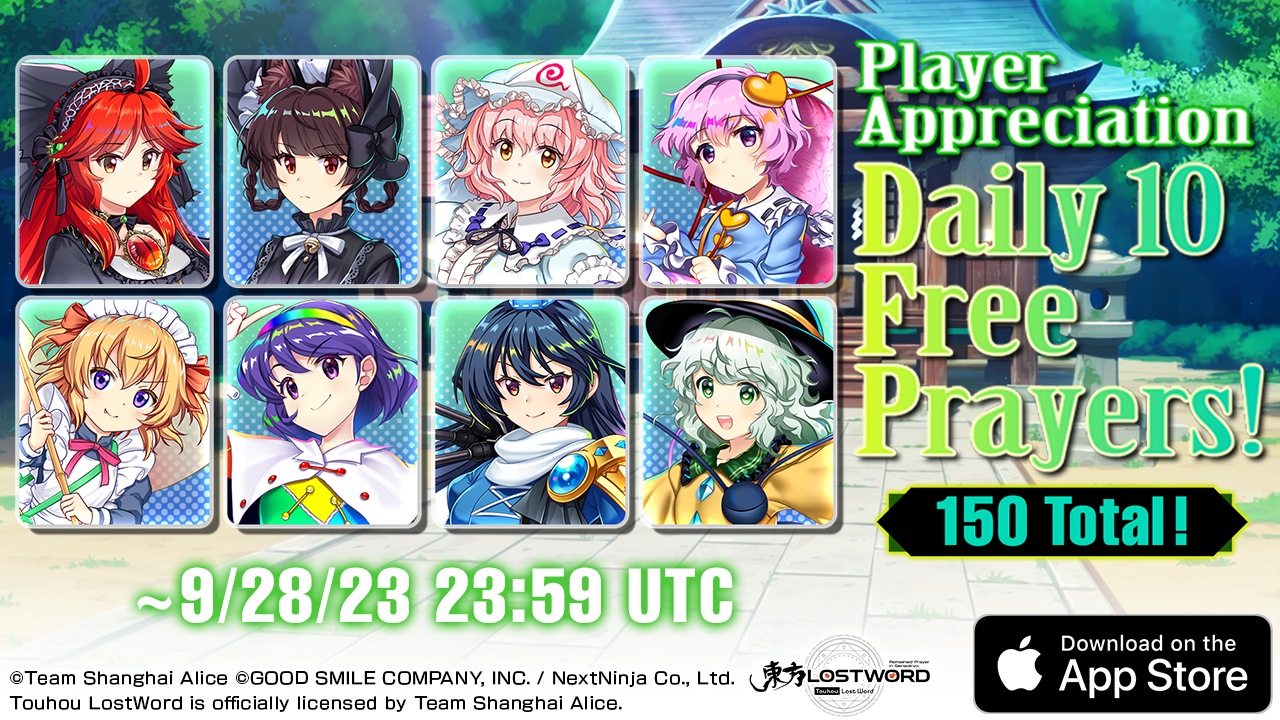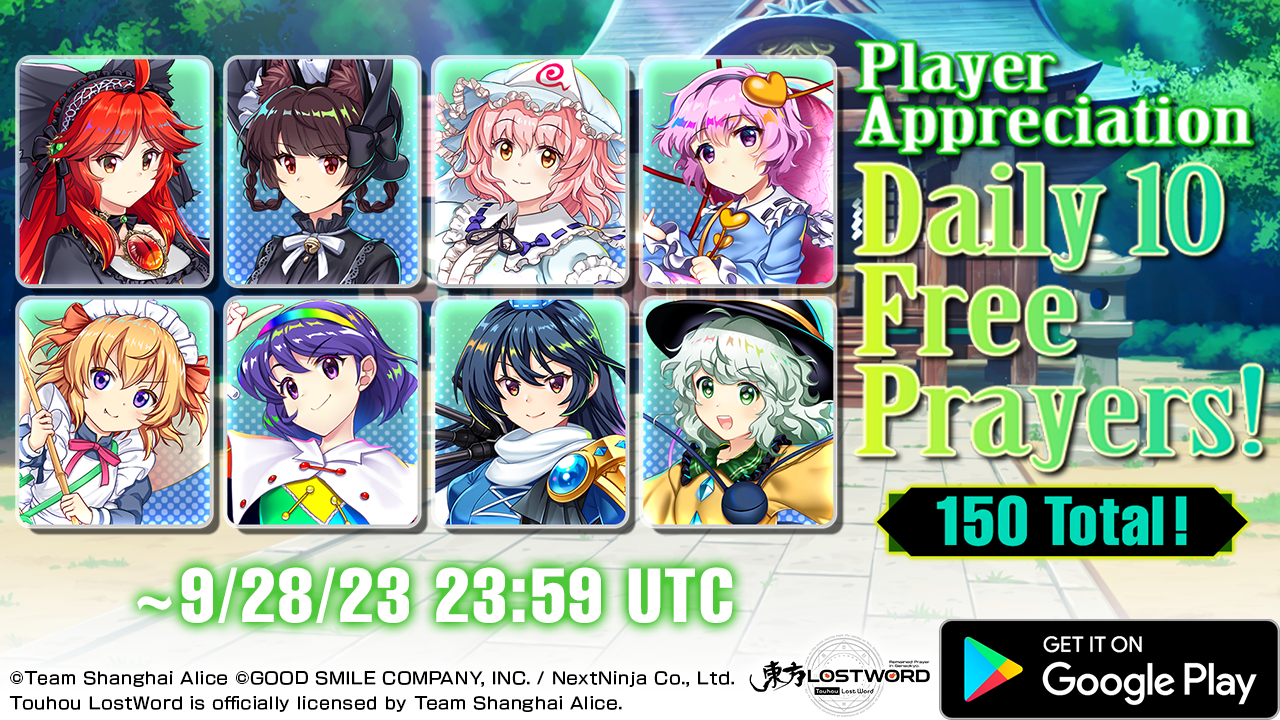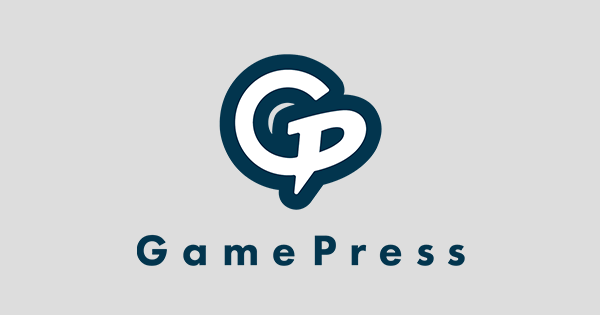Arena Scoring is based on five main principles: Base Stat Total (‘BST’), Merges, Skill SP Costs, Legendary bonuses, and Bonus Units.
Base Stat Total
Base Stat Total ('BST') is the total of each of your unit’s stats with no weapons, skills, or dragonflowers. Resplendent heroes' additional stats do not count toward a unit's BST. If a unit is merged to +1, the removal of the bane counts toward BST, so the initial merge grants a unit +3 points to their total (+4 points if the boon is a 'superboon', or a +4 boon). Further merges and stat boosts do not count. You can easily see any unit’s stat total on their associated page on Gamepress.
BST is divided into ‘bins’ every 5 points. For example, the Flame Emperor scores in the 180 bin once their bane is removed at +1, despite their BST being 181. Ross scores in the 175 bin. Each BST ‘bin’ in your increases your unit’s individual score.
Some skills allow units to score as if they have a higher Base Stat Total than they actually do. Duel Legendaries such as Legendary Leif have this effect as part of their Legendary Bonus, while Duel skills like B Duel Flying can be inherited to certain units to raise their Base Stat Total to 170.
Note that all inheritable Duel skills only cap out at 180 BST. Additionally, there are no Duel Armor skills in the game.
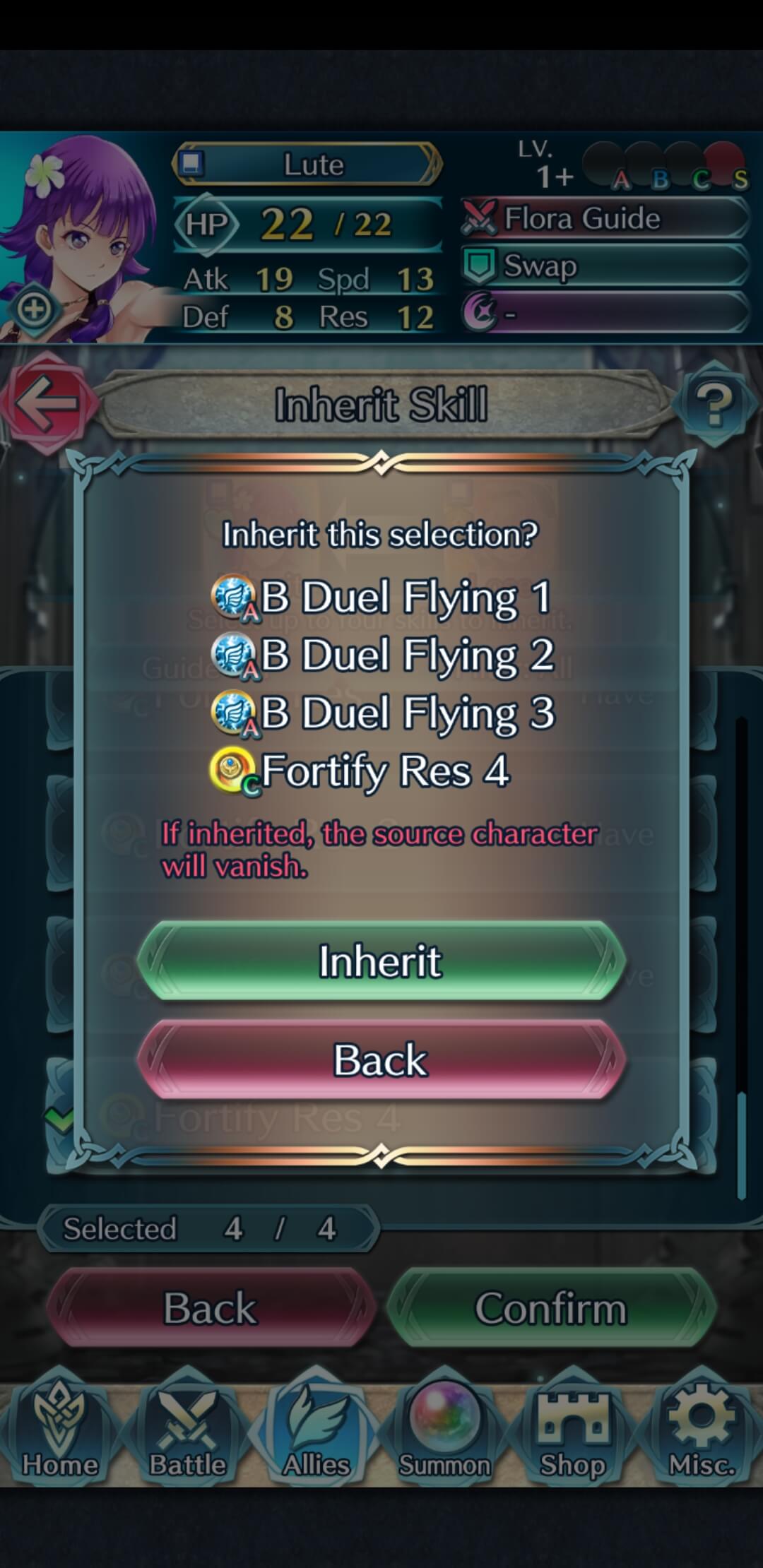
Inheriting B Duel Flying and Fortify Res 4 so that Summer Lute can score more highly.
Merges
Merges are more of a no-brainer. In order to score highly, your units should be merged, as each merge grants your unit more individual score. It’s helpful for F2P users to pick units that they can obtain +10 merges on for this reason.
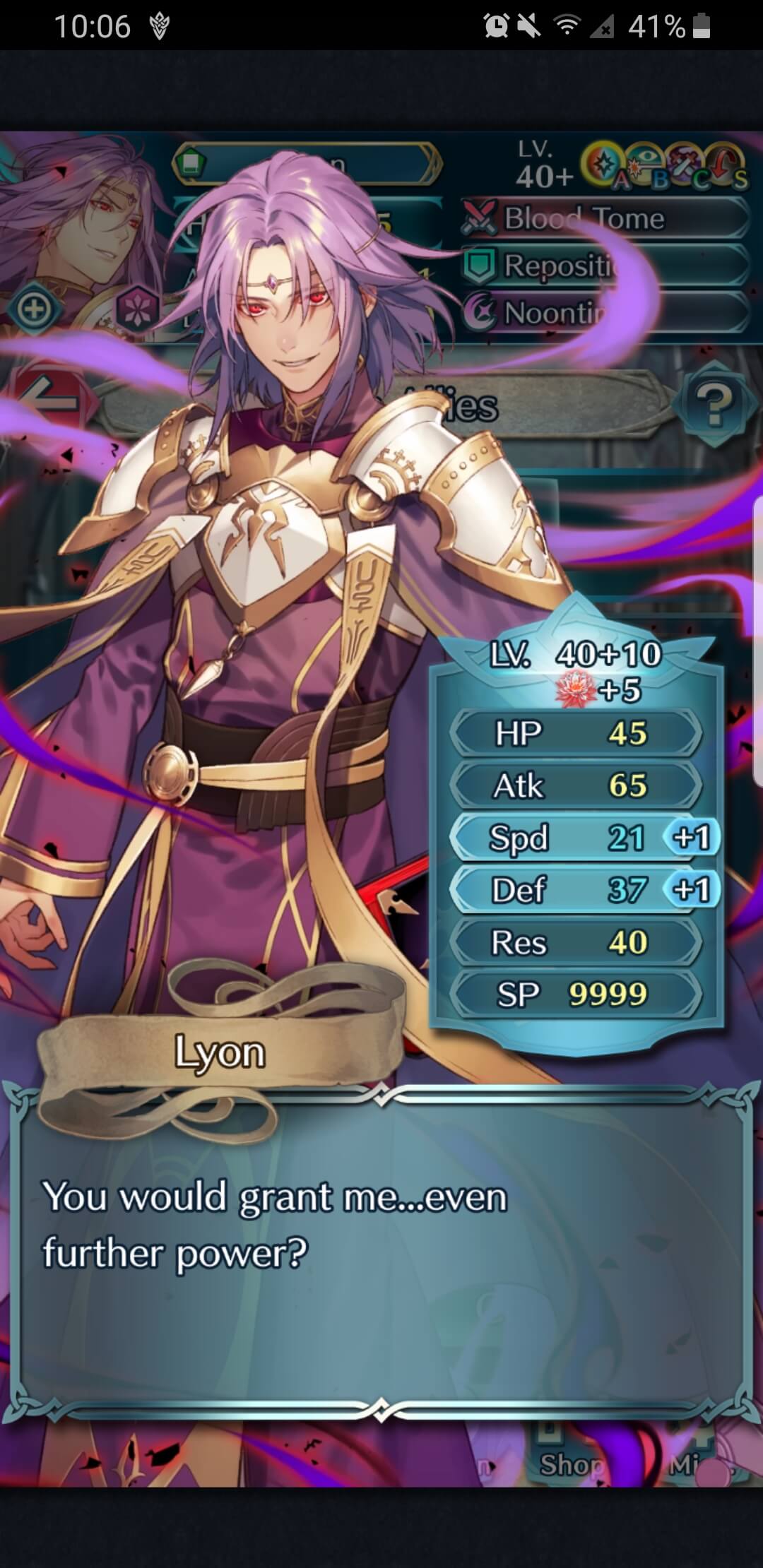
Maximizing Arena Score can cost a lot of orbs if you want to use five star units...
Skill SP Cost
This is where things start getting a little complicated.
SP Cost is the SP total of all the skills, the weapon, and the sacred seal that your unit has equipped. Like Base Stat Total, SP costs are organized in ‘bins’ and their bins are categorized by the 100s. Therefore, a skill with a 500 SP cost scores better than a skill with a 400 SP cost, but a skill with a 240 SP cost scores the same as a skill with a 200 SP cost. Your unit’s score gains points for each 100 SP in their build.
However, it’s important to keep in mind that the ultimate score takes total SP costs of a build, not individual SP costs of each skill. Therefore, if your unit is lacking in some SP areas (like say, having a refined generic weapon rather than a prf weapon), they can make up for it by increasing SP costs throughout the rest of their build.
Sacred seals also have an SP cost equal to that of the associated skill. For this reason, it is imperative to equip fully maxed sacred seals that correlate with higher scoring skills, such as Close Def, Quick Riposte, or Atk Tactic.
Unfortunately, most high scoring SP skills are premium fodder, such as Blue Flame, Ruptured Sky, Rally Atk/Def+, Threat. Atk/Spd, and so on.
Some Quick SP tips
- Base SP Score does not include the extra 0.5x cost of inherited skills. For example, Aether costs 750 SP to learn on a unit like Clair, but still only counts as a 500 SP skill.
- ‘Rally+ skills’ are Rally skills with a plus sign on them (such as Rally Up Atk+ or Rally Spd/Def+) for the Assist Slot and score a whopping 400 SP, which is a dramatic improvement over a 150 SP skill like Reposition.
- Assuming all other things are equal, a unit with a generic weapon can score just as highly as a unit with a prf weapon by equipping a 300 SP A and C slot skill.
- Unique weapons score 400 SP, unique Assists score 400 SP except for Legendary Chrom’s To Change Fate!, which scores 500 SP. Most unique passives score 300 SP, though some score 200 SP - it's good to check if you're unsure!
- This also means that units with a unique 300 SP B slot have a higher score potential than units without, as there is currently no inheritable B slot over 240 SP.
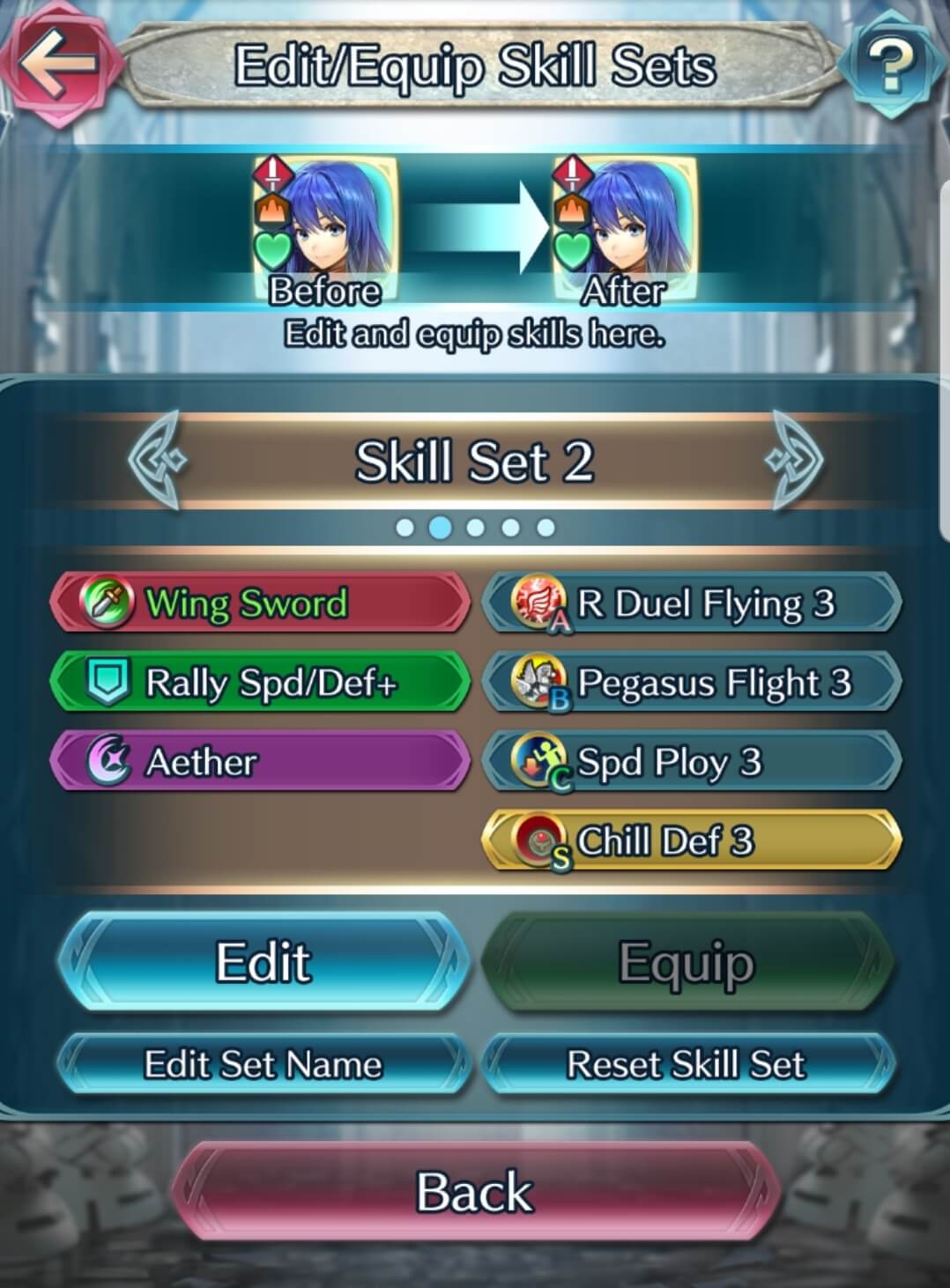
Using skill sets is a good way of quickly equipping or unequipping a unit's suboptimal builds for Arena.
Legendary Bonus
The most expensive pillar to any Arena scoring team is the Legendary Bonus. This means taking in a legendary hero who matches the current legendary season, while the rest of your units are blessed with the corresponding legendary blessing.
Legendary heroes have the same score requirements as normal heroes - merges, high SP skills, and base stat total all affect their scoring too, and so for maximum scoring potential, a legendary must be merged to +10, which can be prohibitively expensive, orb-wise.
Blessed units gain 4 points of score for each Legendary hero on the team. Legendary heroes do not offer any additional points of score themselves. Therefore, you can run a team of 1x legendary and 3x normal units for 12 extra points or 2x legendary and 2x blessed units for 16 points.
Two legendary heroes is optimal as far as scoring goes, but improbable for anyone but the hardest of savers or biggest spenders.
Bonus Unit
Of course, the bonus unit is also a factor. Bonus units are given the same scoring criteria as any other unit. Therefore, if you have the option between a mage bonus unit and an armored bonus unit, you will likely score higher by taking the armored bonus unit with you.
Bonus units grant your entire team a score multiplier, so there is no scenario in which you should replace the bonus unit for a higher-scoring unit. You only need to take a single bonus unit with you to gain the bonus and so the rest of your team should be based on a high scoring core.
You are given additional bonus score for your Bonus unit defeating one enemy per map. This is imperative to scoring higher, so it's useful to equip your Bonus unit with a skill set that will allow them to KO one opponent, and for your core units to have skills that can help 'feed' kills to your Bonus - like enemy debuffs, team buffs, or skills like Poison Strike, which can safely reduce opponent's HP.
Score Fishing
Your score is then averaged between the four units you’re taking with you - the three ‘core’ units and the bonus - and placed in the center of a range of potential scores. The advanced team you see after expending a dueling sword is within that range. This means that for every dueling sword used, you are rolling the dice to see what potential score the game gives you within your range.
Surrendering at the team selection screen does not end your winning streak, but it does consume your dueling sword. For maximum score, experienced players often go ‘score fishing’, which means to continuously use dueling crests until they find high scoring teams to fight, by surrendering each time they see a team that does not score highly enough.
For example, if you need to beat teams with 756 score to stay in Tier 21, you would surrender every time you see a team of 754 score and below, and fight any team you come across with 756 score and above.

